
YOU ARE BOUVÉ

The Department of Applied Psychology offers APA Accredited Doctoral Programs in both Counseling Psychology and School Psychology, Master’s programs in Counseling Psychology and School Psychology as well as a Master’s Program in Applied Behavior Analysis and a Master’s Program in Applied Psychology.
As global citizens, we are dedicated to access, equity, and inclusion. We are committed to developing future behavioral health professionals who can advance diversity by providing culturally informed care to people across race, gender, sexuality, ethnicity, class, age, ability, and nationality.
We support the acquisition of competencies that ready our students to recognize, broach, and interrupt discrimination in its many forms.
The Department of Applied Psychology generates new knowledge through research and the translation of research to applications that optimize the development, education, and mental and physical health of children and adults. These activities are conceptualized in an ecological model centering on social justice within culturally diverse urban and global contexts. They are embedded into all coursework and field training activities in our master’s, doctoral, and certificate-level graduate programs.
The Department of Psychology in the College of Science offers an undergraduate bachelor of science degree in psychology, as well as a PhD in psychology with four broad areas of scholarship: behavioral neuroscience, cognition, perception, and personality/social.
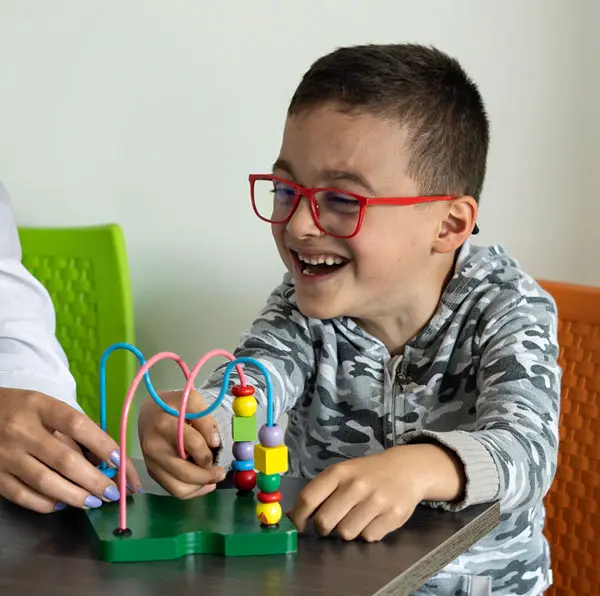
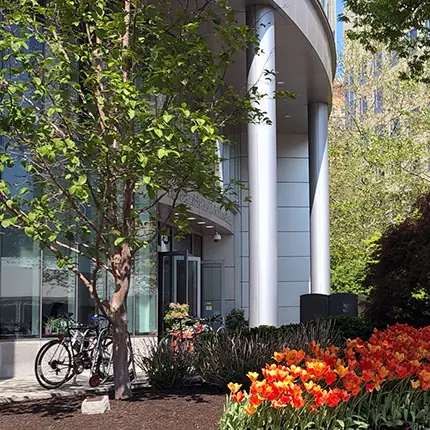


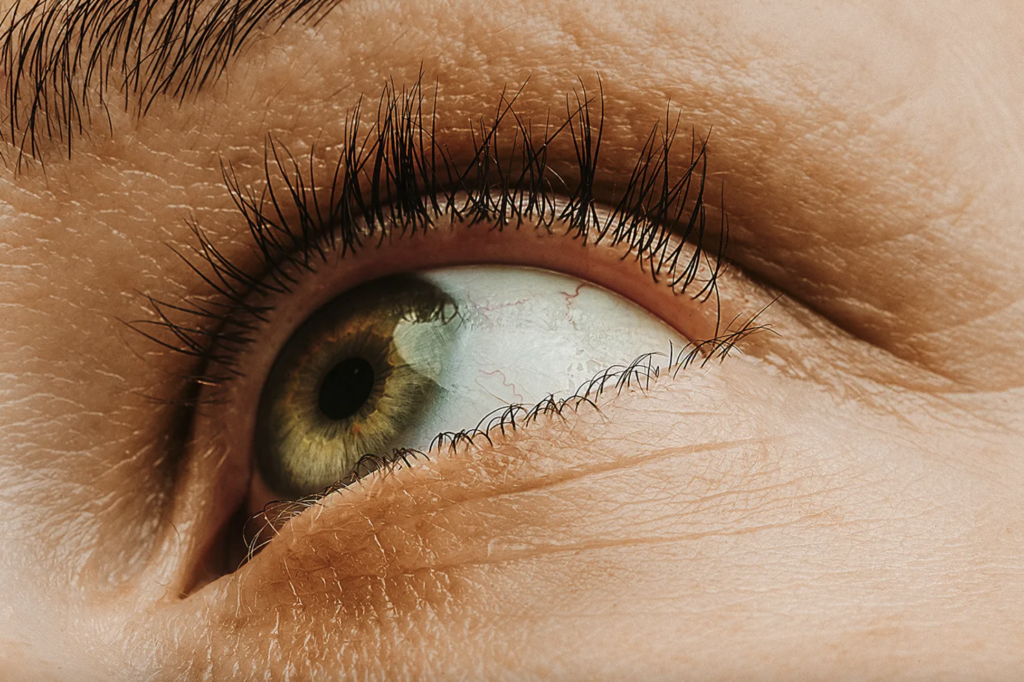

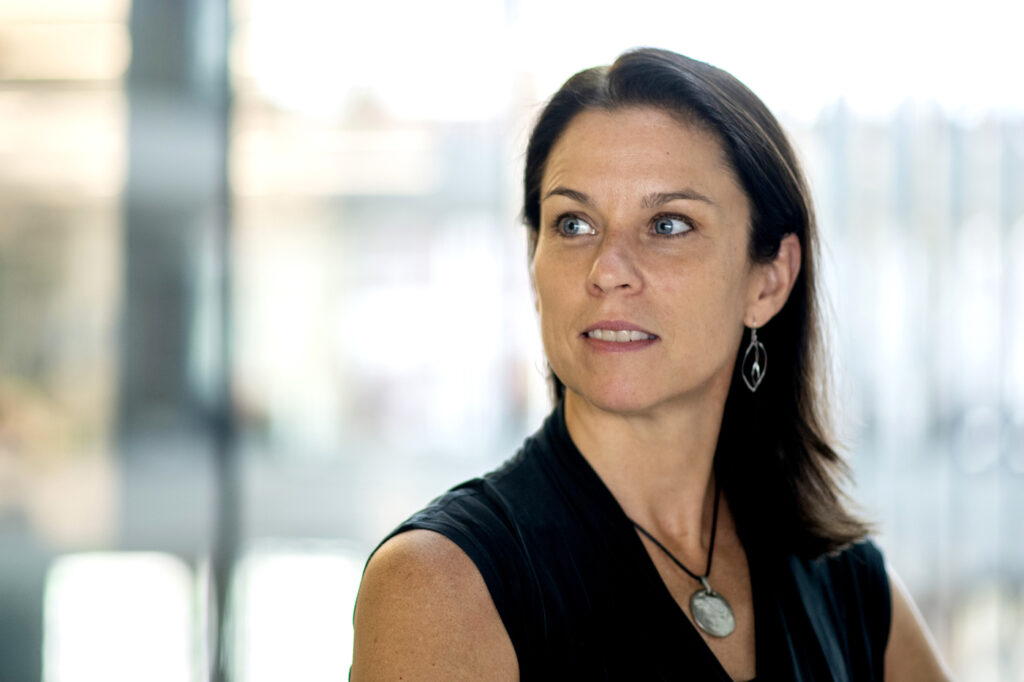

Dr. Volpe has authored or co-authored over 100 journal articles, books and book chapters. His primary research interests center around (a) designing and evaluating behavioral assessment measures and systems to support school-based problem-solving models for students with emotional and behavior problems, (b) interventions to support the school functioning of students with ADHD, and (c) interventions to support early literacy development. He is Principle Investigator on a 4-Year Department of Education, Institute of Education Sciences Measurement Grant (Project iFAB) to develop a web-based system to monitor student social behavior.
Faculty Spotlight
The Department of Applied Psychology is a science-practitioner based unit that:
Faculty and students come from diverse training, ethnic and cultural backgrounds, providing an enriching learning experience. Our doctoral programs provide excellent educational opportunities for those interested in professional psychology with specialized training for future careers in academic or practice positions as licensed psychologists. We expect our students to become high level science based practitioners contributing with their behavioral health training to promote integrated and interprofessional health policies and practices in a multicultural and global world.
The Department shares Bouvé College of Health Sciences mission of being a center of excellence in professional health education, research, and service. The Department is strongly committed to Bouvé’s emphasis on cross-disciplinary interaction among faculty and students from the different schools and departments, to foster the next generation of interprofessional healthcare leaders of our global community.
Our graduates are well-prepared to become applied psychologists and behavioral health science professionals in a variety of health, educational, governmental, community, organizational, and private settings.
Upon completion of the program graduates will:
Objectives of this degree are to:
Upon completion of the program graduates will:
To prepare graduates for the role of professional psychologists, to include advanced skill development in behavioral observations, interviewing, psychological assessment, counseling and treatment planning and practice, consultation, effective use of supervision and an understanding of and commitment to the profession’s ethical codes.
Objective 1A: Students will be exposed to various professional roles including student teaching, participation in research projects where they are mentored by faculty and mentor peers and/or junior colleagues.
Competency 1A1: Students will demonstrate a thorough understanding of their roles as clinicians.
Competency 1A2: Students will demonstrate a thorough understanding of their roles as educators.
Competency 1A3: Students will demonstrate a thorough understanding of their roles as community change agents ethically serving diverse populations and advocating for social justice.
Competency 1A4: Students will demonstrate a thorough understanding of their roles as researchers.
To foster understanding and application of the scientific basis of clinical practice in psychotherapy and clinical assessment
Objective 2A: Students will acquire an understanding of the biological, cognitive and affective, and social aspects of behavior.
Objective 2B: Students will acquire knowledge of the history and systems of psychology
Objective 2C: Students will acquire knowledge of empirical research regarding effective clinical practice, assessment, and interventions.
Objective 2D: Students will acquire knowledge of contemporary theories that explicate human behavior across the lifespan.
Objective 2E: Students will study current evidenced based practices in psychotherapy, psychological testing, and biological bases of clinical practice.
Objective 2F: Students will acquire knowledge and skills to implement evidence-based clinical interventions with diverse populations.
Competency 2A: Students will understand the regulation of biological and emotional functions of the nervous system.
Competency 2B: Students will understand the contribution of environmental factors to brain development, to the development of the mind, and to their functions.
Competency 2C: Students will understand theories and research with respect to clinical efficacy.
Competency 2D: Students will understand contemporary theories of human behavior from a lifespan developmental perspective.
Competency 2E1: Students will demonstrate a thorough understanding of current evidence based practices in psychotherapy, psychological testing, and the neuroscientific bases of clinical practice.
Competency 2E2: Students will develop the ability to select and apply evidence-based interventions and to assess progress and outcomes.
Competency 2F1: Students will demonstrate that they are familiar with outcome research for various intervention strategies.
Competency 2F2: Students will develop the ability to implement a wide range of developmental, preventive, remedial, and psychoeducational interventions, including psychotherapy, crisis management, consultation and dealing with emergency psychological/psychiatric situations with people across sources of difference.
To produce graduates who possess advanced and applied research skills within an ecological perspective
Objective 3A: Students will be involved in course work on advanced and applied research skills.
Objective 3B: Students will become proficient in reporting research findings.
Objective 3C: Students will be able to critically evaluate research from an ecological perspective.
Competency 3A1: Students will demonstrate competency in research design and data analysis related to health and illness using quantitative, qualitative, and mixed methods models.
Competency 3A2: Students will be able to develop meaningful research questions, based upon theories and models in the scholarly research literature.
Competency 3A3: Students will be able to implement appropriate research design, methods, and statistical analyses, consistent with the research questions.
Competency 3A4: Students will understand advantages and disadvantages of various research designs, modes of inquiry, data collection methods, statistical procedures, and measurement concepts.
Competency 3B: Students will demonstrate the ability to report their research investigations appropriately, including knowledge of the socio-cultural contexts in the interpretation of the data.
Competency 3C1: Students will demonstrate the ability to evaluate and critically assess the methodology of empirical research and the validity of research conclusions within a multicultural/ecological perspective.
Competency 3C2: Students will be able to integrate themselves in research projects on research teams that stress a multicultural/ecological perspective.
Competency 3C3: Students will successfully complete their dissertation proposals grounded within a multicultural/ecological perspective.
To produce graduates who are committed to and demonstrate ethical practice as counseling psychologists.
Objective 4A: Students will learn through courses, mentoring, and supervision in the ethical codes of the profession.
Objective 4B: Student will learn through courses and supervised clinical experiences, local, state, and national laws affecting professional psychological practice.
Competency 4A: Students will become competent in understanding the codes of ethics and professional conduct of APA and develop a competent ethical decision-making process.
Competency 4B: Students will demonstrate understanding of the legal issues affecting practice and resolution of ethical/legal conflicts that may occur.
To produce graduates who are multiculturally competent across sources of difference, including race, ethnicity, gender, class, religion/spirituality, disability, and sexual orientation, in both clinical and research settings.
Objective 5A: Students will study, be mentored in, and be exposed to multicultural perspectives that stress the understanding of different worldviews and confronting forms of oppression.
Competency 5A1: Students will be able to integrate multiple worldviews and important historical and political positions in their clinical and research activities.
Competency 5A2: Students will be able to understand their own positions of privilege, related to race, gender, social class, ability, and/or sexual orientation and its effect on their work as professional psychologists.
Competency 5A3: Students will be able to integrate and actively advocate for the elimination of racism, sexism, class oppression, homophobia, ageism, and other forms of oppression.
Competency 5A4: Students will be able to conceptualize and advocate for social and economic justice as professional psychologists.
To advance the field of counseling psychology using program strengths: (a) an interdisciplinary and interprofessional approach to clinical services provision and enhancement of the science of health promotion and health psychology; (b) stress on urban, community-based interventions using an ecological approach.
Objective 6A: Students will be exposed to interprofessional models of health promotion research within the Bouvé College of Health Sciences.
Objective 6B: Students will study the strengths and challenges facing urban populations and work within health promotion and prevention.
Competency 6A1: Students will develop an understanding of how health promotion research is conceptualized and undertaken by an interprofessional team.
Competency 6B1: Students will understand the unique challenges facing urban populations and work within settings that provide health promotion and prevention efforts with multicultural populations.
Upon completion of the program graduates will:
Upon completion of the program graduates will:
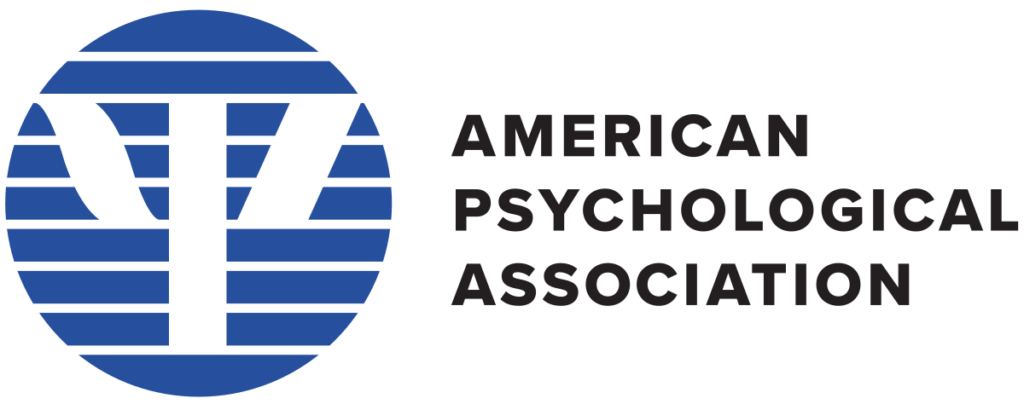
Northeastern’s Counseling Psychology and School Psychology Programs are accredited by the Commission on Accreditation of the American Psychological Association (APA). Questions related to the program’s accredited status should be directed to the Commission on Accreditation:
Office of Program Consultation and Accreditation American Psychological Association
750 First Street,
NE Washington,
DC 20002
Phone: (202) 336-5979
E-Mail: [email protected]
Web: https://accreditation.apa.org/
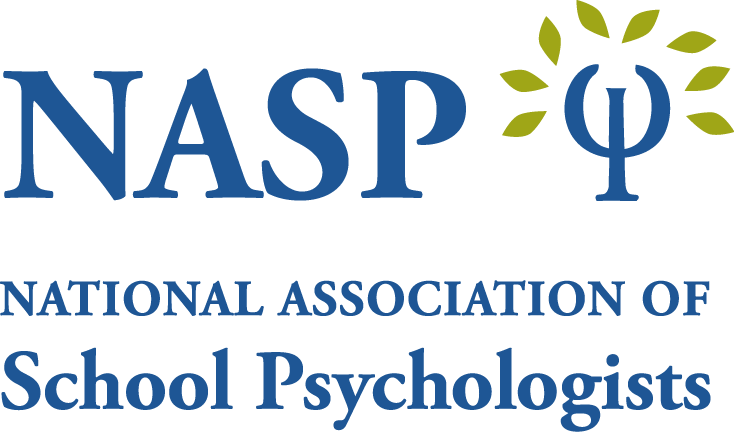
Northeastern’s School Psychology MS/CAGS Program is also fully accredited by the National Association of School Psychologists. For more information click on the following link: NASP Approved Programs
The Department of Applied Psychology is committed to upholding Northeastern University’s Policy on Equal Opportunity, which prohibits discrimination and retaliation on the basis of protected categories.
We strive to create a diverse, inclusive community and do not tolerate discrimination based on race, color, national origin, religion, sex, familial status, disability, source of income, sexual orientation, gender identity, age, marital status, veteran or active military status, genetic information, or any other protected category.
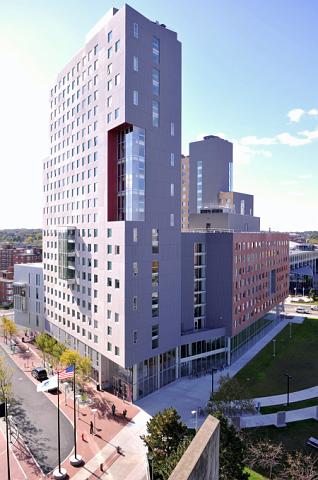
Department of Applied Psychology
404 International Village
360 Huntington Avenue
Boston, MA 02115
Resources
Campus map and directions
Subway/train schedules
Note that the University is accessible via the Orange line at Ruggles station, the Green line (E), Northeastern University, and the #39 bus which travels east and west along Huntington avenue.
If you choose to take either the Orange line train or the Commuter Rail when you enter the station coming up from the tracks, you will make a right out of Ruggles station proceeding down the stairs toward Tremont Street.
INV will be on your right. Enter INV via the second doorway on the right where the administrative offices are.
The address above the entryway should read “1165 Tremont Street.” This is a separate entrance from the dorm entrance.
If you experience any difficulties please contact our department main office at 617-373-2485.